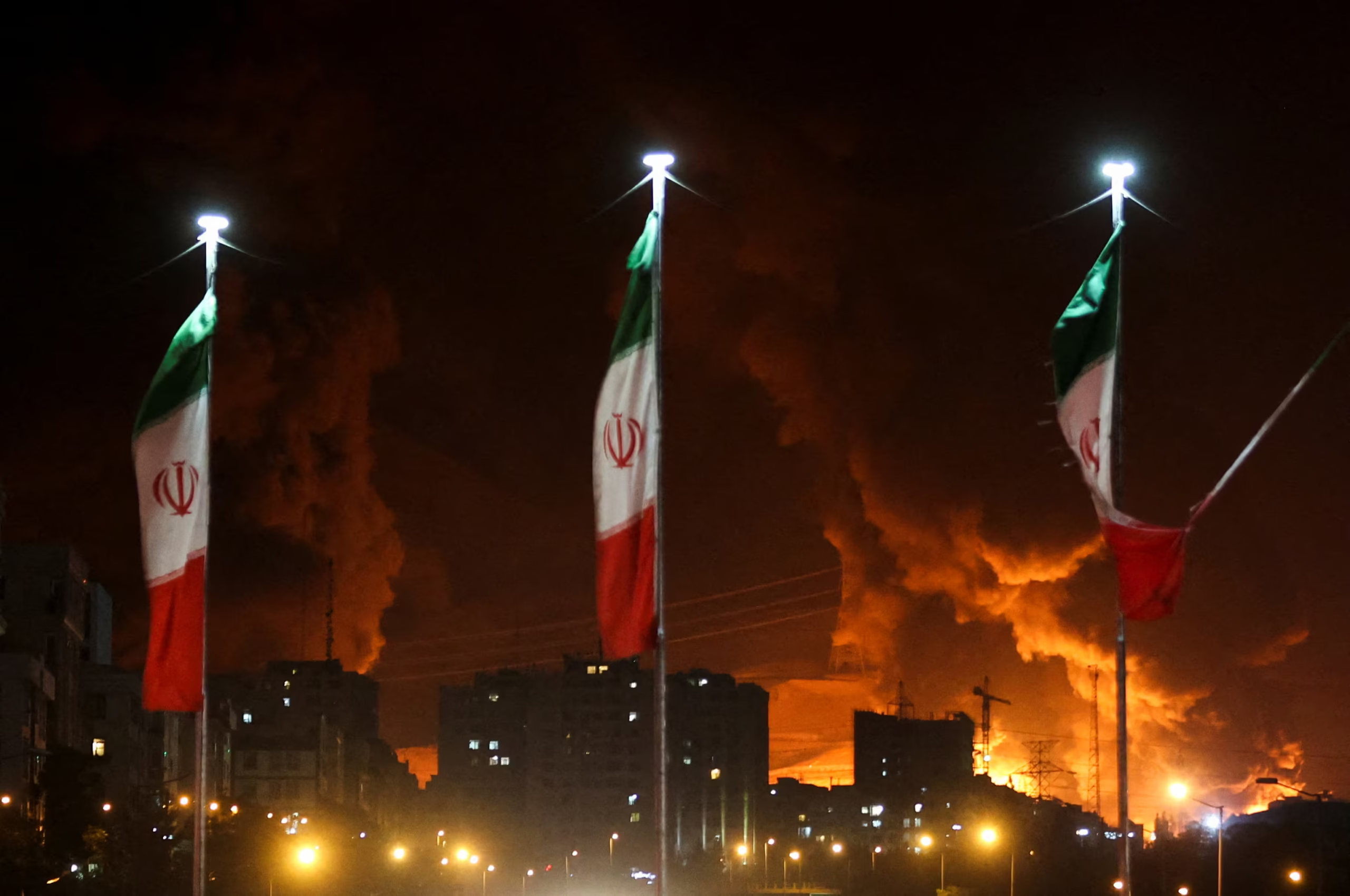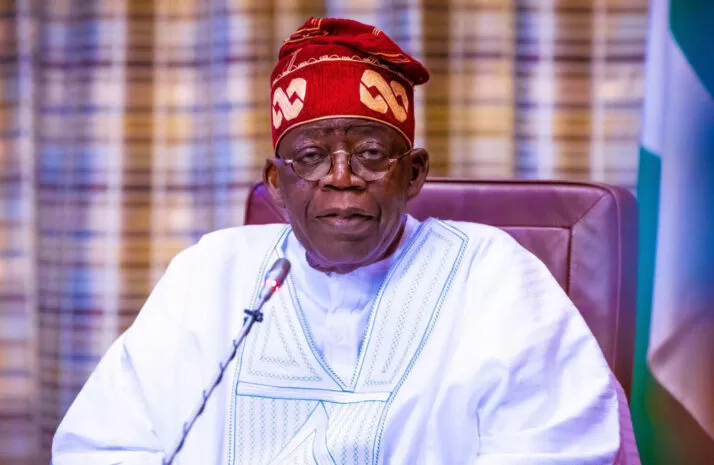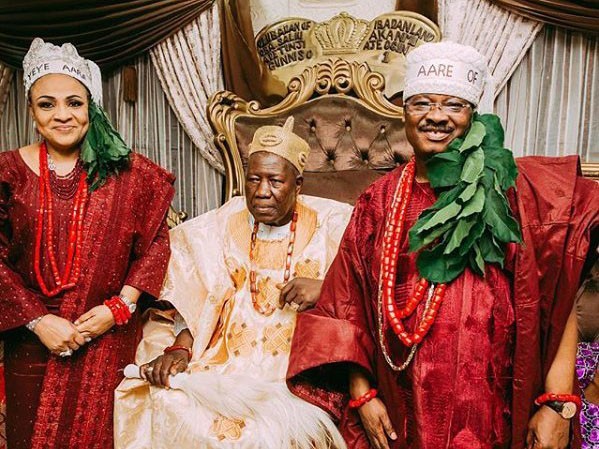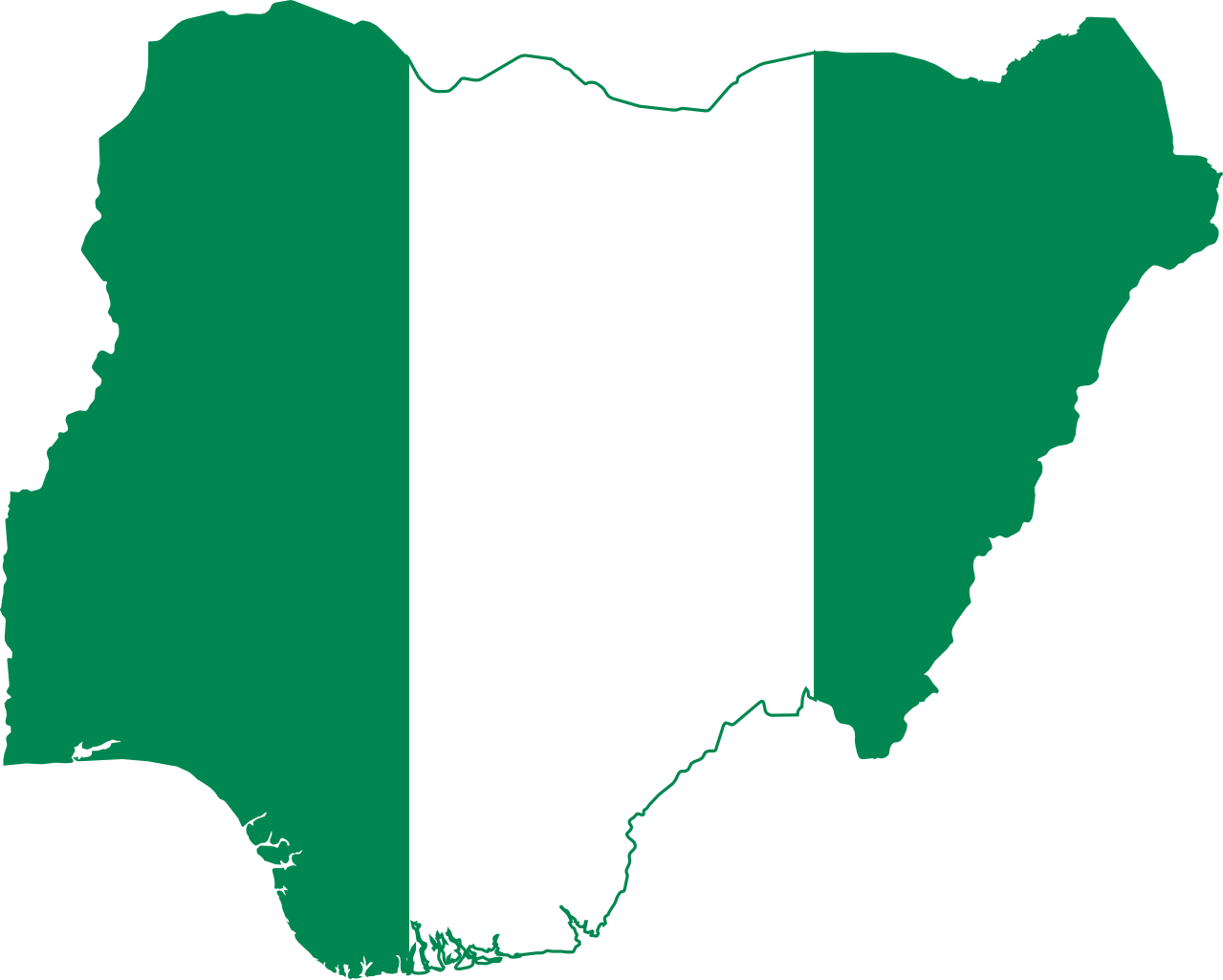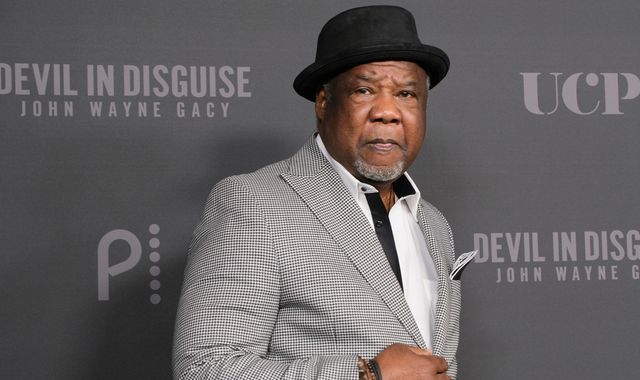The Israel Iran conflict is sending economic shockwaves to Nigeria, triggering oil price surges, inflation threats, and deeper geopolitical recalibrations
[dropcap]W[/dropcap]hen Israel launched Operation Rising Lion in the early hours of June 13, 2025, most Nigerians were asleep.
Also read: Iran pressures Russia for stronger support amid US-Israeli trikes
The footage came in fragments—precision airstrikes, sirens over Tel Aviv, defiant chants in Tehran.
Within hours, Iran responded with Operation True Promise III, unleashing waves of drones and missiles toward Israeli positions.
It was dramatic, brutal, and all too familiar: another chapter in the long, looping narrative of Middle Eastern conflict. But the shockwaves didn’t stop at the borders of Iran or Israel.
They travelled through global oil markets, diplomatic corridors, and geopolitical nerves—and in their wake, Nigeria began to feel the tremors.
By the end of that first week, crude oil prices had jumped sharply. For Nigeria, an oil economy in all but name, this was both a relief and a riddle.
Higher oil prices meant more dollars from exports, more money flowing into government accounts, and—at least on paper—a budget easier to balance.
After all, oil still accounts for more than 90 per cent of Nigeria’s export earnings and approximately half of the government’s revenue.
With the 2025 budget benchmarked at $75 per barrel, any sudden climb toward $100 looked like a gift from chaos.
But nothing is ever that simple. The same price surge that may pad Abuja’s pockets may also punish everyday Nigerians.
The cost of diesel, already elevated due to subsidy removals and pipeline vandalism, may rise further. Transporters may hike their fares.
Manufacturers facing higher energy costs may pass them on to consumers. Tomatoes, noodles, cement—everything cost more.
The Central Bank, still trying to steady the naira and tame inflation, has hinted at another interest rate hike.
What began as a geopolitical explosion thousands of miles away may be shaping monetary policy in Abuja and emptying wallets in Enugu. It was a familiar paradox: Nigeria, rich in oil, drowning in cost.
The Israel-Iran conflict touches nerves far beyond the battlefield, and for Nigeria, it activates a complicated web of diplomatic, religious, and geopolitical considerations.
First, Nigeria’s identity as a multi-religious nation plays an outsized role in how it engages with conflicts in the Middle East.
With a large and politically active Muslim population, especially in the northern regions, Nigeria must be mindful of public sentiment.
Historically, Muslim-majority countries across Africa have taken strong stances on Palestinian liberation and opposed Western alignment with Israel.
Furthermore, Nigeria has long held an official position that supports the Palestinian cause, often voting in favour of Palestinian self-determination at the United Nations and other multilateral platforms.
This legacy shapes its foreign policy and regional affiliations, including membership in the Organisation of Islamic Cooperation (OIC).
However, over the past decade, Nigeria has also established discreet but critical bilateral relations with Israel, particularly in the areas of technology, security, counterterrorism, agriculture, and water management.
Israeli companies have participated in developmental projects in Nigeria, and security cooperation has included counter-insurgency support in the fight against Boko Haram, piracy and banditry.
This means that Nigeria cannot afford to alienate either side. It must craft a nuanced diplomatic language that upholds its historical solidarity with Palestine while preserving its growing strategic relationship with Israel.
It also has to navigate its broader relationship with the Islamic world, which includes key oil-producing allies in the Middle East like Saudi Arabia and the UAE—countries that are themselves carefully managing their stakes in the Israel-Iran drama.
All this unfolds while Nigeria also depends on the West, particularly the United States and European Union, for development assistance, security cooperation, and trade.
Nigeria’s diplomatic stance on the Israel-Iran conflict may not significantly alter global outcomes, but it must be carefully calibrated to prevent internal unrest, diplomatic fallout, or reputational harm.
Silence, ambiguity, or outright bias could ignite tensions at home or weaken strategic partnerships abroad.
A clear, principled voice that calls for de-escalation, protection of civilians, and respect for international law may be Nigeria’s best option.
The possibility that this conflict might escalate into a broader regional war is very real.
Should the United States choose to launch direct attacks on Iranian nuclear facilities—or if Iran’s proxies such as Hezbollah, the Houthis, or Shia militias in Iraq step up hostilities—there could be a cascading effect involving multiple regional and global actors.
Such a scenario would send oil prices soaring well past $120 per barrel, destabilise maritime routes like the Strait of Hormuz, and unleash a wave of economic, political, and humanitarian crises that would reverberate across the globe.
For Nigeria, the implications would be immediate. Escalation means higher global risk aversion, reduced foreign investment, rising credit costs, and potential disruptions to international trade, particularly in refined petroleum products.
Furthermore, regional escalation would lead to increased Western military engagement, further entrenching U.S.
and European interests in the Middle East and possibly diverting attention and resources away from African security challenges, such as the Sahel insurgency, piracy in the Gulf of Guinea, and democratic backsliding in West Africa.
There is also the danger of ideological spillover. Nigeria, like many African nations, is not immune to the influence of radical religious narratives.
An intensified Middle East conflict could embolden extremist rhetoric among fringe groups in Nigeria, feeding into existing tensions and undermining national security.
The more the region becomes radicalised by foreign grievances, the harder it becomes to sustain Nigeria’s fragile religious harmony.
Ultimately, the lesson Nigeria should draw is one of providence tempered by prudence.
The sudden windfall from rising oil prices triggered by the Israel-Iran conflict offers a narrow corridor to shore up finances, invest in the future, and strengthen institutions.
But it also carries a warning: depending on episodic spikes driven by external instability is neither sustainable nor ethical.
Also read: UN sounds alarm as US bombs Iran nuclear sites in dramatic turn of conflict
Actual resilience demands focusing on governance reforms, economic diversification, and social cohesion so that when the next shock—whether geopolitical, climatic, or technological—arrives, Nigeria’s economy and polity are better equipped to absorb it.


